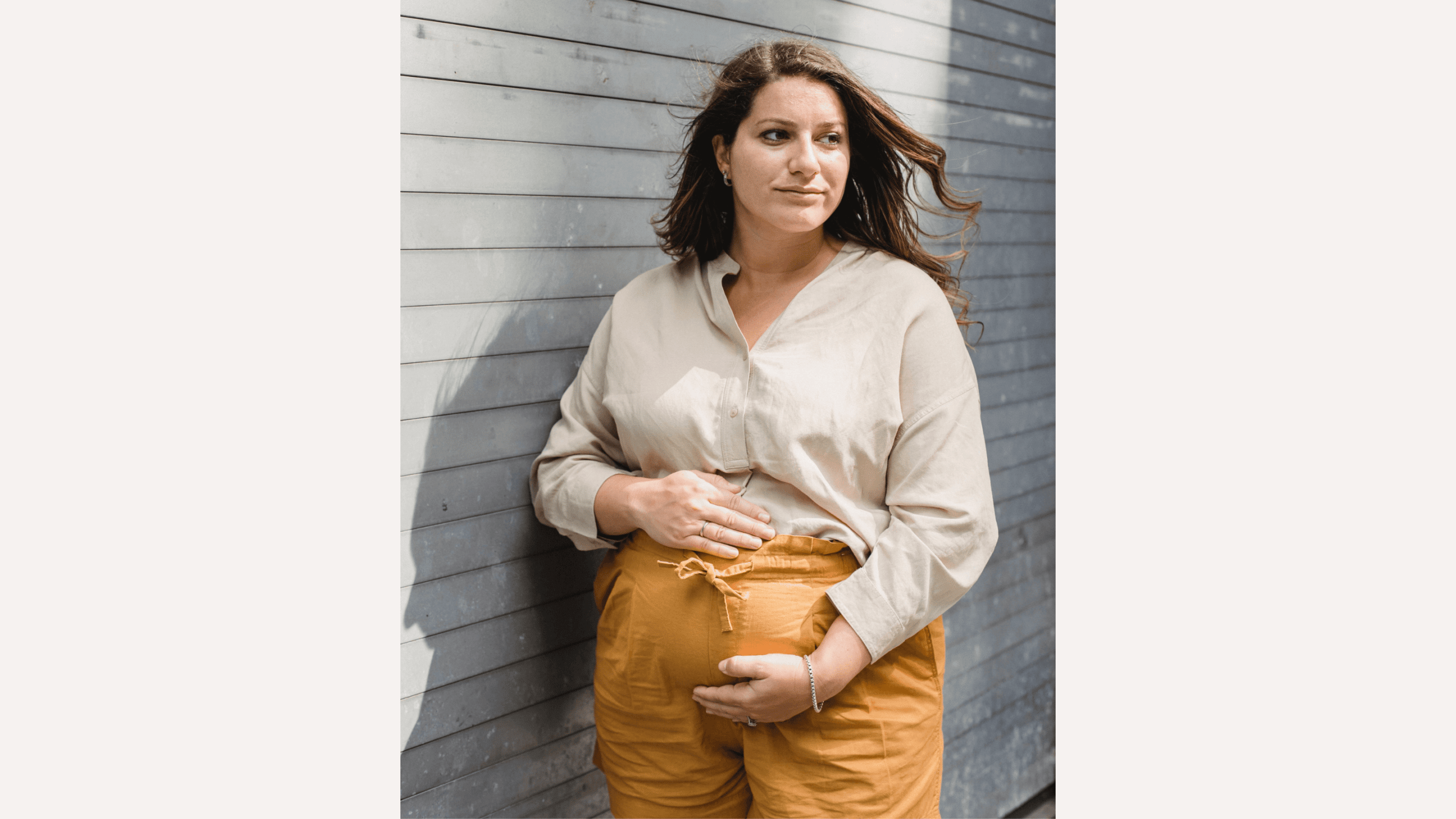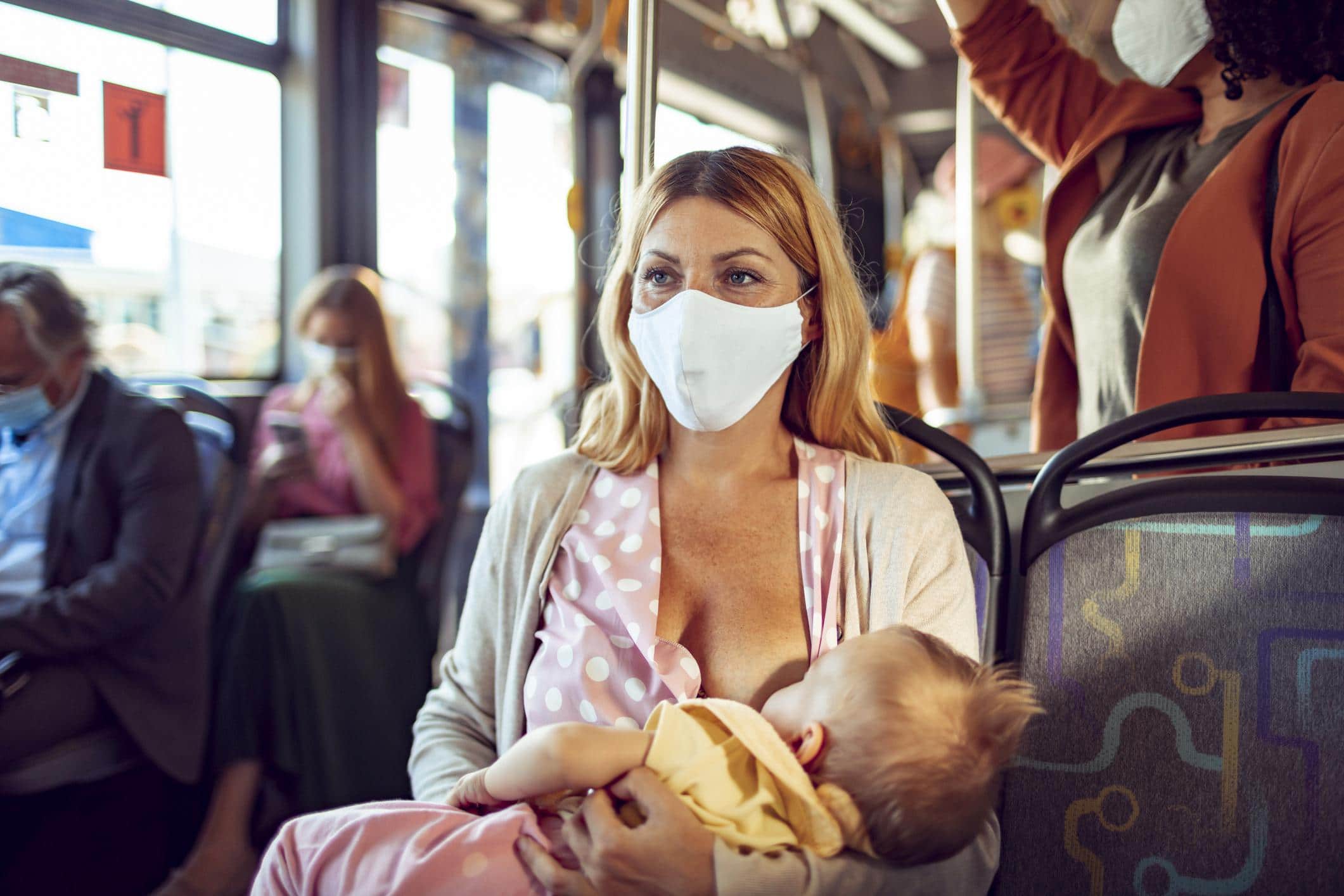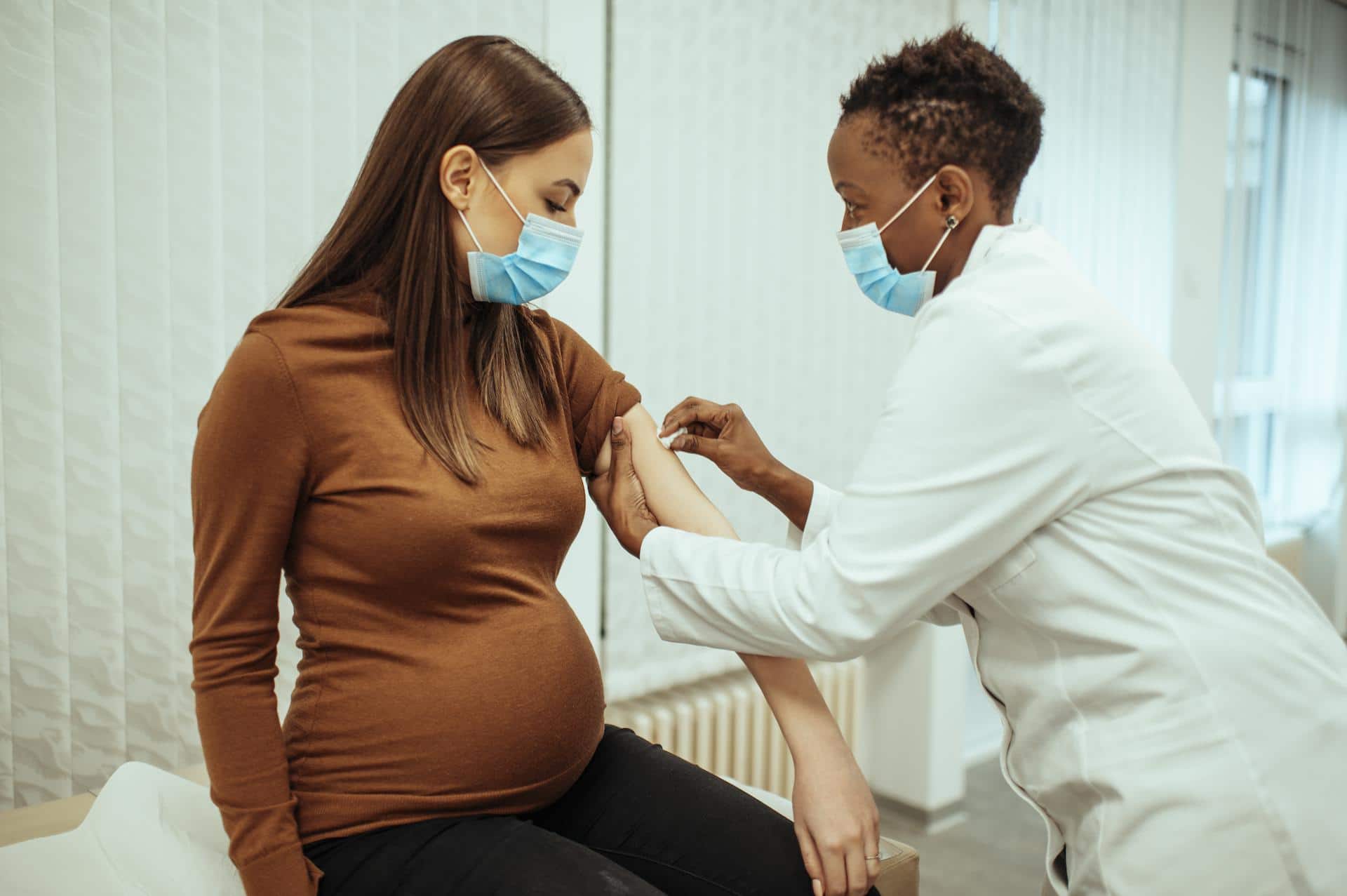No increased risk of miscarriage from Covid vaccination, says new study
The findings show that getting vaccinated in the first trimester is safe.

Amina Filkins/Pexels
In This Article
While the top health organizations in the U.S. continue to strongly urge pregnant women to get the Covid-19 vaccination, a new study adds to the growing body of evidence that the vaccines are indeed safe to receive during pregnancy—even during the first trimester.
In a letter to the editors of the New England Journal of Medicine (NEJM) in October 2021, an international group of researchers wrote that after analyzing Norwegian national health registry data on pregnant women who received the Covid vaccine in their first trimester, there was no correlation between getting the shot and an increase in the risk of early miscarriage.
“The findings are reassuring for women who were vaccinated early in pregnancy and support the growing evidence that COVID-19 vaccination during pregnancy is safe,” say the study authors.
Given the fact that pregnant women and those who were recently pregnant face a much higher risk of adverse effects and serious disease from Covid, these results are indeed promising. The new findings may convince some who were fully vaccinated before pregnancy and now pregnant to get a booster shot. But it’s not an easy decision for many pregnant women, who are concerned about vaccine safety.
Risks of getting Covid while pregnant outweigh vaccine risks
However, after August 2021, which was marked by a record number of deaths of pregnant people as a result of Covid, we know that the risks of getting Covid in pregnancy greatly outweigh the risks of getting the Covid vaccine. In contrast, numerous studies have shown that no major risks have arisen after vaccination for those trying to conceive, those who are already pregnant or those who are breastfeeding.
Flu vaccinations and Tdap vaccinations are also routinely recommended for pregnant women, with high safety and efficacy ratings.
“It is important that pregnant women are vaccinated since they have a higher risk of hospitalizations and COVID-19-complications, and their infants are at higher risk of being born too early,” the study’s authors state. “Also, vaccination during pregnancy is likely to provide protection to the newborn infant against COVID-19 infection in the first months after birth.”
Getting the shot in pregnancy can lend antibody protection to your developing baby, which is vital, as once they’re born, shots likely won’t be available for babies until they’re over 6 months of age. It’s also important to note that shots for this age group still have yet to be authorized by the Food and Drug Administration, and the timeline on that recommendation is not clear-cut.
“Although the overall risk of severe illness is low, pregnant people and recently pregnant people are at an increased risk for severe illness from COVID-19 when compared to non-pregnant people,” say the Centers for Disease Control and Prevention (CDC). Taking preventive steps to get vaccinated now reduces that risk even more.


